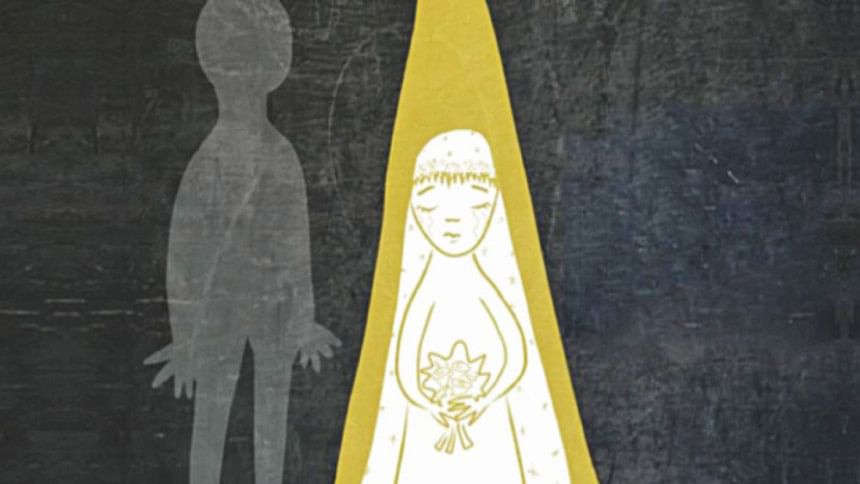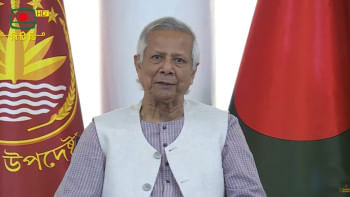Now is the time to end child marriage

Freedom from violence is a fundamental human right, yet female child marriage continues to plague Bangladesh at shockingly high rates, with devastating consequences for the girls affected but also for the economy and health systems.
Let's be clear: child marriage is a human rights violation in itself and it's accompanied by violence – be it sexual, mental, physical, emotional and/or financial. Virtually all victims are girls although sometimes marriages are also imposed on boys. The problem is global but particularly common in Bangladesh, with more than half of girls married by the age of 18 and nearly 1 in 5 before they even turn 15. Even preteen marriages of girls aged 9 to 12 still take place.
Child marriage is not only widely accepted in Bangladesh, but also expected in many communities as a coping mechanism for poor families who are unable to feed their children, or to avoid paying a hefty dowry for older girls. The consequences are disastrous for the girls, who get confined to their new home and deprived of fundamental rights to safety, health and education.
A child bride is much more likely to experience violence by her husband, including sexual abuse and rape, often leading to irreversible physical and psychological harm. Neither physically nor emotionally ready to be a mother, she ismore likely to become pregnant, and at greater risk of dangerous complications in pregnancy and childbirth than mothers just a few years older. It is no exaggeration that child marriage equals violence.
Getting married too soon often means the end to a girl's formal education, severely limiting her economic and social opportunities and perpetuating poverty. Denied her right to an education and the ability to develop necessary life skills, she will struggle to lead a healthy, happy and productive life.
The female child bride is more prone to undernutrition than those who marry later, and her children more likely to have low birth weight, suffer from poor nutritional status, and be unable to grow and develop properly – resulting in reduced educational outcomes and lower future incomes.
This intergenerational cycle of undernutrition is significant not just for the individuals affected, but for the country as a whole. Undernutrition carries significant consequences also for the economy, costing Bangladesh an estimated 1 billion dollars annually in lost productivity and even more in health costs, according to a joint study by the Government of Bangladesh and USAID.
It has been made clear what horrors girl brides must go through and what positive effects ending child marriages will have in terms of a healthier and more competitive future generation. Today, under the banner Ambassadors for Change, a group of female leaders assigned to Bangladesh, and as part of the international campaign 16 Days of Activism Against Gender-Based Violence, I urge all citizens of this beautiful country to help stop this harmful practice as a key step towards ending violence against women – for the sake of millions of girls and to sustain Bangladesh's impressive economic trajectory.
The writer is UN World Food Programme (WFP) Representative in Bangladesh.


 For all latest news, follow The Daily Star's Google News channel.
For all latest news, follow The Daily Star's Google News channel. 



Comments